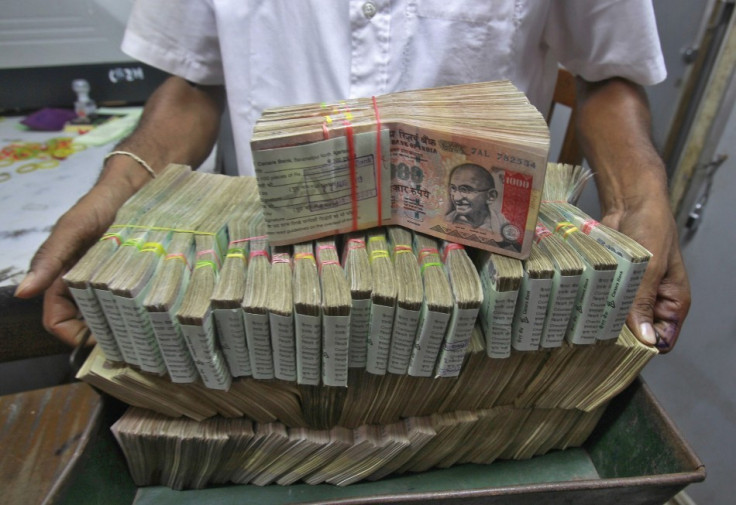India Targets $3.2bn Public Spending Cut to Avoid Junk Credit Status

India will have to significantly cut its government spending in order to reach its budget deficit target and to avoid a downgrading of the country's credit rating to 'junk' status.
Finance minister P. Chidambaram may have to reduce at least 200bn Indian rupees ($3.2bn, £2bn, €2.4bn) in order to restrict the budget deficit for the fiscal year ending in March 2014 to 4.8% of the gross domestic product, Reuters reported citing two officials at India's finance ministry.
"With oil subsidies up by about 300 billion rupees, the government may have to cut expenditure by around 200 billion rupees in addition to usual savings of around 300 billion rupees at the end of the year," Reuters quoted a senior finance ministry official as saying.
Chidambaram will make a final decision at the end of October, when he gets the details of revenue collection in the country, according to the officials.
They added that the minister is likely to cut discretionary spending and keep food and oil subsidies in order to woo voters as state and national elections are getting nearer.
In the previous fiscal year, Chidambaram managed to cut more than 1tn rupees in government spending.
Possible Rating Cut
Major credit rating agencies Standard and Poor's, Fitch and Moody's rate India's debt at the lowest investment grade level. While Standard and Poor's has a negative outlook for the coutry's debt rating, Fitch and Moody's maintains a stable outlook.
A downgrade in the rating to "junk" status would increase the borrowing costs for the country and negatively affect its financial markets that have already suffered from the rupee's weakness and an economic slowdown.
The Indian currency plunged to an all-time low of 68.80 against the US dollar in August, as foreign investors retreated due to fears of the US stimulus tapering.
That was in addition to a widening current account deficit and a slowdown in the country's economic growth. The country recorded an economic growth of 5.0% in fiscal year 2012/13, the slowest pace of growth in many years.
The country's growth rate is widely projected to decline further in the fiscal year ending in March 2014. The Asian Development Bank has lowered its growth outlook for the country to 4.7%.
© Copyright IBTimes 2024. All rights reserved.









